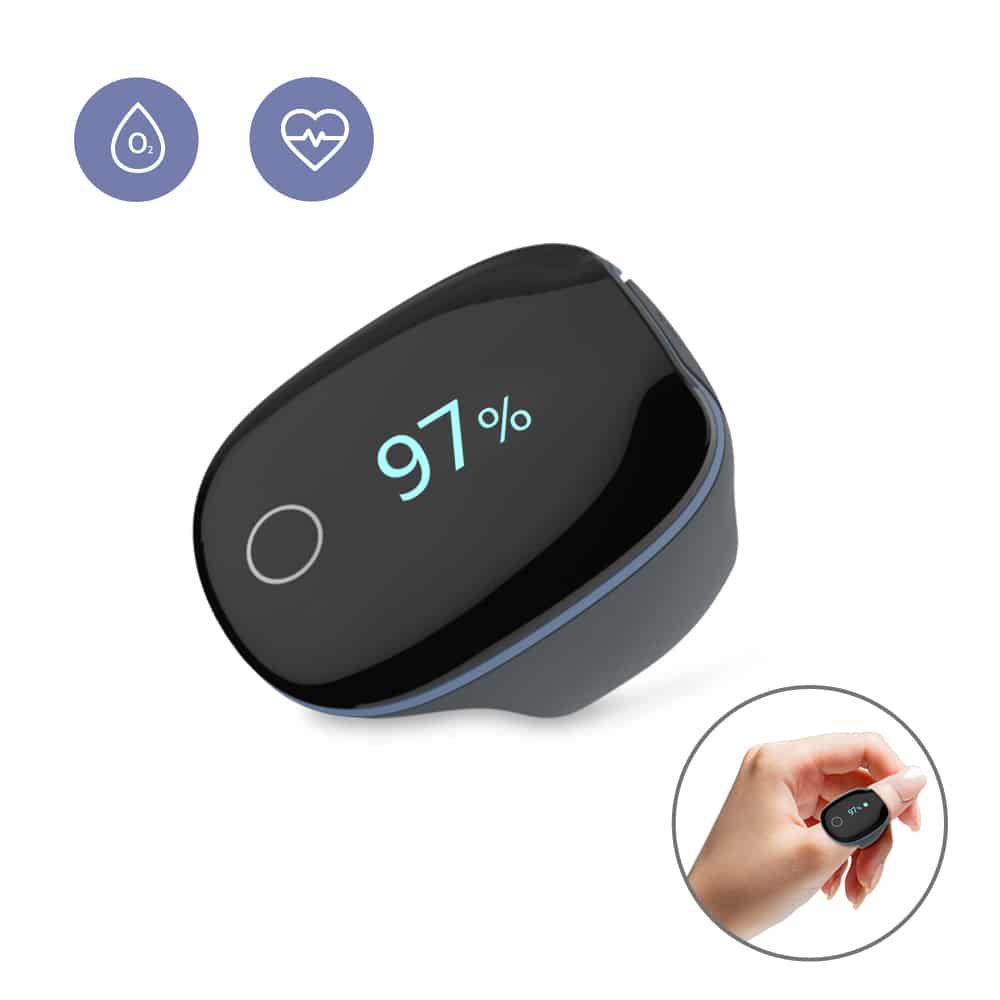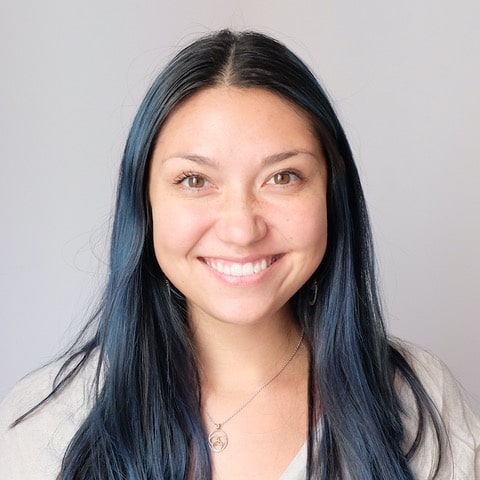Reintegrating into society, getting kids back to school, efforts to get a vaccine, worries about life post vaccine… all of these issues are stress inducing and stress, as we know, affects sleep. Sleep Expert and Health Coach, Danya Joy offered us her tips for getting some much needed rest.
Q&A With Sleep Expert, Danya Joy

Q: Is increased computer usage to blame for some of our sleep issues?
A: Computers emit blue light which can alter our natural sleep cycles. Blue light has been shown to interfere with natural melatonin production which makes it difficult to get a deep, restful sleep at night.
Q: How much sleep does the average adult need and are there really people who need less than others or are they just better at handling the effects of being tired?
A: The average adult needs between 7.5 to 8.5 hours of sleep. This is important in order to get enough cycles of sleep. There is a very small percentage of the population that can truly live on fewer than 7.5 hours of sleep. The majority of people are compensating for that lost sleep in other ways such as coffee or naps.
Tips For A Restful Nights Sleep
Minimize blue light such as screens at least 2 hours before bed and turn off bright lights in your home.
Exercise in the morning. It will help give you a boost in cortisol. As cortisol goes up, melatonin goes down. This means you’ll be more awake in the morning and more ready for bed by the end of the day as cortisol falls.
Avoid eating 2 hours before bed. It takes a lot of energy to digest food and it can keep you awake. Additionally, if you eat too close to bedtime you will have a fall in blood sugar while you are sleeping which can cause you to wake up throughout the night.
Track your sleep with a sleep tracker like Wellue’s O2Ring. It will help you find patterns in your daily life that correlate with better nighttime sleep.

Q: With schedules less consistent these days, what are some tips for helping kids get the sleep they need?
A: Children have very different sleep cycles than adults. They need more sleep but they are naturally inclined to go to sleep later and wake later. Whenever possible, let children sleep in. Same as adults: minimize screens before bed, avoid eating 2 hours before bed, exercise in the morning, and get time outside.

Danya Joy
Key Cellular Nutrition Super Health Coach
Registered nurse, integrative health practitioner, and certified health coach with a background in Naturopathic medicine and Biological Anthropology.


